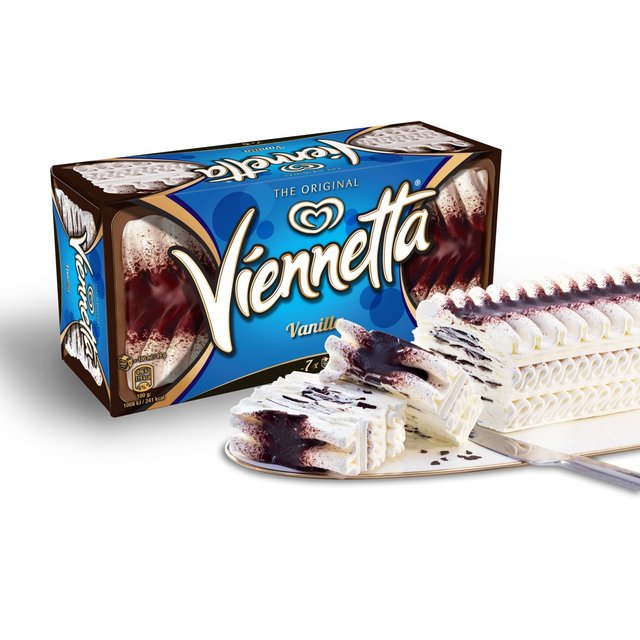Our articles are not designed to replace medical advice. If you have an injury we recommend seeing a qualified health professional. To book an appointment with Tom Goom (AKA ‘The Running Physio’) visit our clinic page. We offer both in-person assessments and online consultations.
Our resident Nutritionist Fran Taylor joins us again today to about a subject that affects lots of runners – gut health. Fran has written some great pieces for us before, including how to fuel for recovery, eating as you age and optimising nutrition for building strength.
Follow Fran on Twitter – @thebrightonnut1 and Instagram – @thebrightonnutritionist and check out her website.
As runners, we tend to view our gut as a problem. We talk a lot about how it can impair our performance; put gut and running into Google and you’ll see the focus is on the issues rather than the benefits.
But, what about the benefits of running? Resent research has looked at the effect of exercise on our gut, or more specifically, our gut microbiota ( the collective term for the all the different microorganisms that live in our gut). It’s good news for runners, increasing evidence suggests that regular aerobic exercise benefits the microbiota, which in turn benefits our overall health.
A recent review of exercise and the gut microbiome (Mailing et al. 2019) looked at both cross-sectional (less reliable) and longitudinal (more reliable) studies, analysing the impact of exercise on the gut bacteria. The studies examined showed that those who do aerobic exercise for a significant period of time have greater gut diversity than those who don’t. Having a large number and lots of different types of microbes are, in general, a good indicator of a healthy gut and a healthy gut seems to be associated with greater over health and wellbeing.
What’s also interesting is that some of the studies found the number of bacteria associated with cardiorespiratory fitness was also more significant. So, does your gut bacteria influence your fitness levels? Possibly – but the how, why and to what extent is less well known, and likely to involve several different factors. However, a recent study (Scheiman et al. 2019) which looked at a marathon runners may have given some possible insight into the link of a certain type of gut bacteria and running performance.
The study took stool samples from 15 elite runners, a week before and after the 2015 Boston marathon. They then compared the samples’ microbes with stool samples of 10 non-runners. They found specific microbes, called Veillonella*, in the marathon runners’ poop, and they discovered that these microbes can metabolise lactate, the stuff that builds up in our muscles making them feel sore, and turn it into an energy source for the body. They then fed these bacteria, taken from the poop of one of the athletes (eww!), to a group of mice and compared them to how long they could run compared to a control group. The veillonella-enhanced mice were able to run for a significantly longer period compared to the control. Interesting stuff huh? It’s important to note that this was a very small study, involved mice, not humans and we don’t know if non-elite runners have the same response. Even so, research into producing a probiotic pill with performance-enhancing bacteria is already happening.
*NOTE Veillonella is not to be confused with Veinnetta which is a tasty ice-cream dessert and not a performance enhancing microbe 😉

In the meantime, what can you do to enhance the general health of your gut, encourage microbe diversity, help improve your overall health and wellbeing and possibly your running performance?
One word – fibre. It’s food for the microbes, helping them to grow and diversify. Eat a range of plants and lots of them across a week. That means lots of fruit and vegetables, wholegrains like wholemeal wheat, rye, brown rice, oats and vegetarian sources of protein like beans, pulses and tofu. Include at least a portion with each meal and snack, and if you buy the same things all the time try to diversify. Our microbes like a varied diet so, if you always buy the same variety of apple next time try a different one, if you always add kidney beans to your chilli, try some mixed beans next time.
You can also include live bacteria in the form of fermented food into your diet, think all the K’s: kefir, kimchi, kombucha, kraut (the sauer type) and some yogurts (well nearly all Ks). A recent literary review (Leite et al. 2019) looked at the role of beneficial bacteria, including fermented food, and its effect on common endurance running complaints – gut distress and upper respiratory tract infections. It found that some fermented foods, as well as probiotic sachet supplements had a positive association with reducing gut distress symptoms as well as reduced upper respiratory tract infections. Keeping your stomach happy and cough and cold free surely is a win-win for any runner.
For more from Fran you can read all of here articles for Running-Physio HERE and check out her website.
References
J. Mailing et al. Exercise and the Gut Microbiome. A Review of the Evidence, Potential Mechanisms, and Implications for Human Health. Exercise and Sport Sciences Reviews: April 2019 – Volume 47 – Issue 2 – p 75–85
J. Scheiman et al. Meta-omics analysis of elite athletes identifies a performance-enhancing microbe that functions via lactate metabolism. Nature Medicine. Published online June 24, 2019. doi:10.1038/s41591-019-0485-4.
Valdes Ana M, Walter Jens, Segal Eran, Spector Tim D. Role of the gut microbiota in nutrition and health BMJ 2018; 361 :k2179
G. Leite et al. Probiotics and sports: A new magic bullet? Nutrition. 2019 Apr;60:152-160









